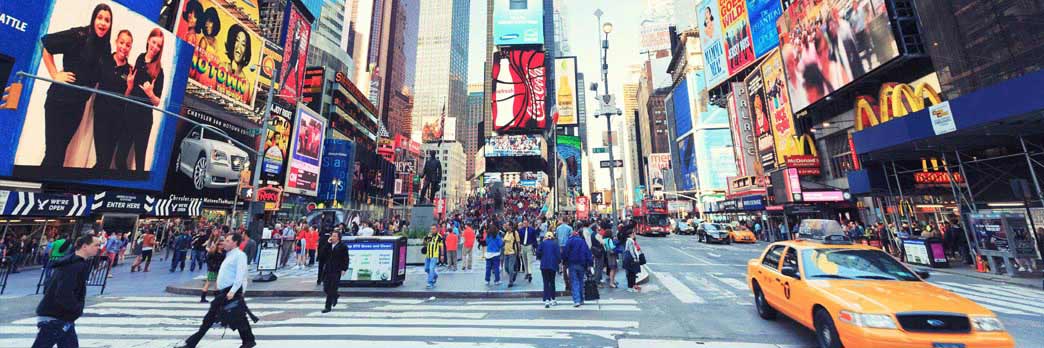
Asian Investing in New York City
- Published
- Mar 17, 2015
- Share
EisnerAmper’s Angela Chen and Deborah Friedland attended the "Asian Investing in New York City" seminar hosted by Stroock & Stoock & Lavan LLP on March 3rd. Attendees heard key takeaways on current Asian investing trends in the NYC marketplace. According to Daniel Rosen of the Rhodium Group, LLC, Chinese investors are a big influence on the U.S. markets, with roughly $15 billion invested nationwide each year in all sectors of the economy. Chinese investors are comfortable with U.S. real estate assets as they feel that they are relatively safe investments. They are looking at all kinds of property types including office buildings, condos, residential buildings, and luxury hotels. Last year, Chinese investors funneled more than $3 billion into the New York real estate market alone. Chinese investment companies like FoSun want to give value to their investors, and have a long-term vision in mind which is sensitive to the investee’s local community and culture. FoSun’s Erik Horvat stated that they brought in a local team in to analyze the property and community surrounding 28 Liberty before making the purchase. This was their first big purchase, and their presence in the U.S. is expected to continue to increase over the next few years. Another China-based company, Greenland Holding Group, is partnering with Forest City and investing in Brooklyn’s Atlantic Yards (now known as Pacific Park). F&T Group, another Chinese company, is considered the largest land owner in Flushing and, according to Richard Siu, their Chief Investment Officer, the company’s approach is to “build a city within a city.” There is a great influx of capital coming into Flushing. Investments of the kind that FoSun and F&T participate in will help the local economy and revitalize the community.
Asian investment also makes a real impact in the employment sector. There are roughly 80,000 paychecks in the U.S. that originate from China-based companies. Japan-based companies pay out roughly 700,000. It will be interesting to see how much payroll will increase from China-based companies in the future.
London is New York City’s main competitor in attracting foreign investment, and tax compliance is much simpler in London. In the U.S., foreign investors have to be concerned with FIRPTA and FATCA. The Committee on Foreign Investment in the United States (CFIUS) is an inter-agency committee run by the Department of the Treasury, which is tasked with reviewing all transactions which could result in control of a U.S. business by a foreign person in order to determine any effects on national security. It takes longer to finalize certain foreign transactions in the U.S. because of this special review process. According to William Shanghan from CBRE, London markets are about 4-6 months ahead of the U.S. markets (cap rates and rents started to increase in the U.S. 4-6 months after increases in London took place).
There are also some additional barriers to entry for Chinese investors. Investors need to be aware of the local language and culture in which they are investing. The Chinese government has an outbound approval process of any investment larger than $1 billion. And it can be very difficult to find high quality assets. Is Flushing the best opportunity, for example? There may be higher yields in markets outside of New York. Chinese investments are also flowing outside of the boroughs and into Long Island, Greenwich, and Jersey City as they continue to search for opportunities in our marketplace.
Contact EisnerAmper
If you have any questions, we'd like to hear from you.
Receive the latest business insights, analysis, and perspectives from EisnerAmper professionals.










